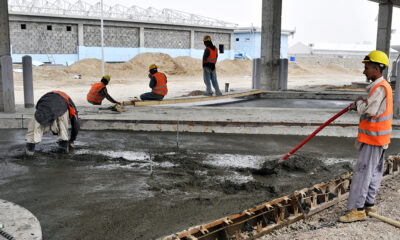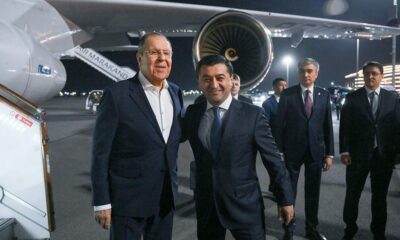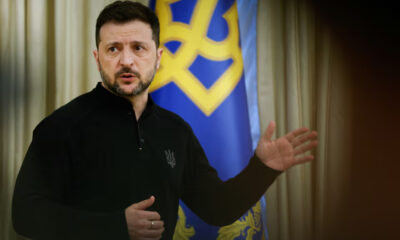Latest News
Declaration of two inter-Afghan delegations in Tehran
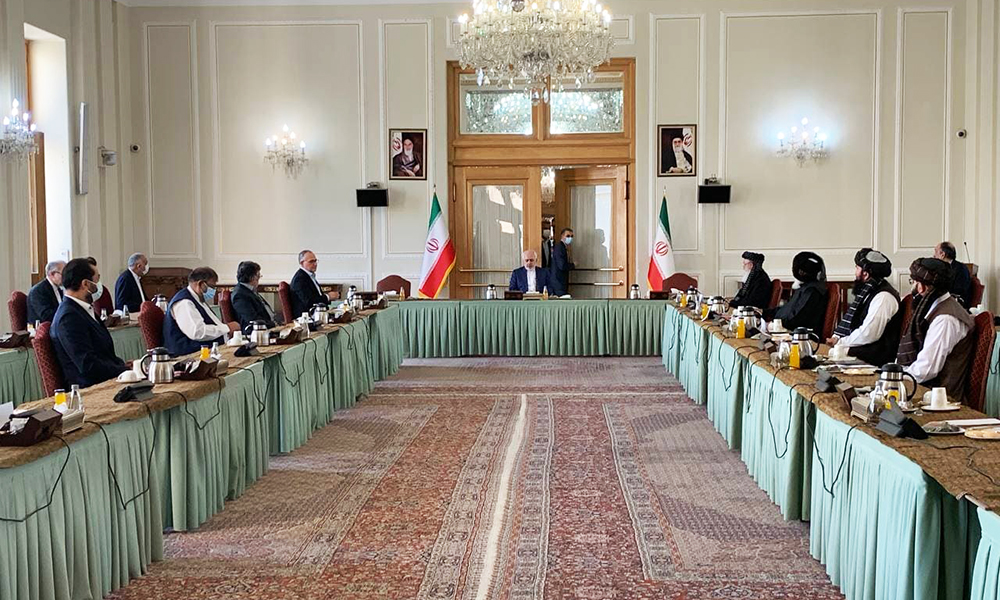
Following a two-day meeting between an Afghan delegation and a Taliban delegation, in Tehran, consensus was reached on a number of points.
According to a statement Thursday made by the two sides the following was agreed to:
1. The delegations commend the efforts and goodwill of the Islamic Republic of Iran in securing peace in Afghanistan and the hospitality provided.
2. Both sides, agreeing on the dangers of continuing the war and the damage it will do to the country’s health, agreed that war was not the solution to the Afghan problem and that all efforts should be made to reach a political solution and peace.
3. The talks took place in a cordial atmosphere and all issues were discussed in detail and explicitly.
4. Both sides decided to discuss issues that need further consultation and clarity, such as establishing a mechanism for the transition from war to permanent peace, the agreed Islamic system and how to achieve it during the next meeting, which will be held as soon as possible. To reach a conclusion.
5. The parties consider the Tehran meeting as a new opportunity and ground for strengthening the political solution to the Afghan problem.
6. Both sides carry out attacks targeting people’s homes, schools, mosques and hospitals, causing civilian casualties, as well as strongly condemning the destruction of public facilities and calling for the perpetrators to be punished.
Meanwhile, Taliban spokesman Mohammad Naeem said a trilateral meeting was held in Tehran between the Taliban, the Ministry of Foreign Affairs of Iran and the Ministry of Foreign Affairs of Russia. Borders and other related issues were discussed at the meeting.
The US State Department reacted cautiously to the presence of the Taliban delegation in Tehran on Wednesday, calling it constructive.
Ned Price, US State Department spokesman, on Wednesday, urged Afghanistan’s neighbors to play a constructive role in Afghan peace talks “in order for there to be a just and durable peace” in the country.
“What Iran is trying to do or is in the process of doing by hosting this meeting may well be constructive. I think the jury is still out. This is obviously not something we have discussed with the Iranians, other than by public–by making the point very publicly that Afghanistan’s neighbors need to be responsible stakeholders,” Price said.
“For too long, many of Afghanistan’s neighbors have been happy to see the United States engaged and the United States alone engaged. If there is to be a just and durable settlement and a comprehensive ceasefire, it needs to be supported, supported by Afghanistan’s neighbors. And we hope to see them act responsibly,” he said.
Latest News
Special meeting will be held to launch Afghanistan–Russia joint commission, says Kabulov
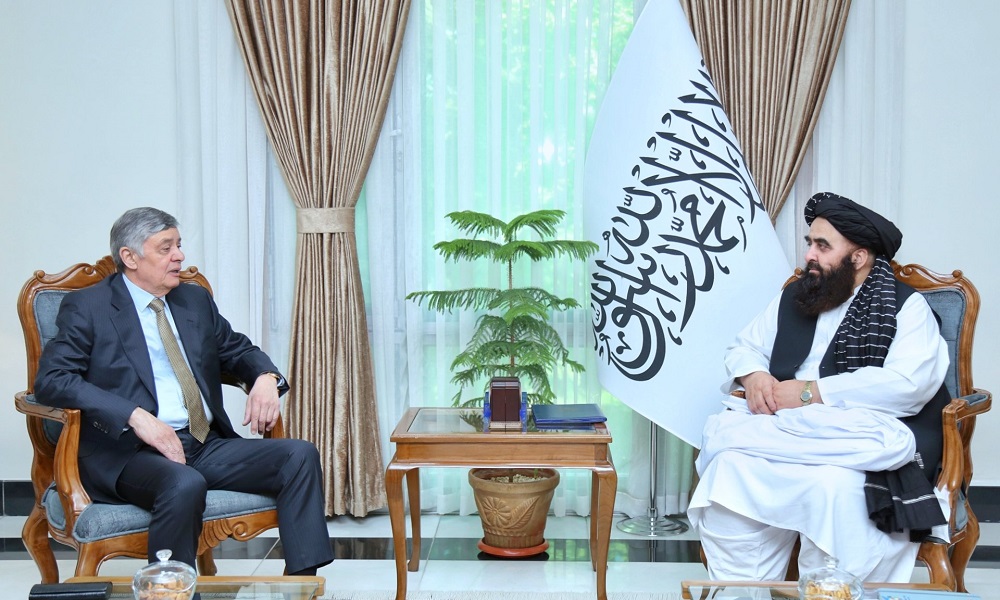
Zamir Kabulov, Russia’s special envoy for Afghanistan, on Wednesday met with Afghanistan’s Acting Minister of Foreign Affairs Amir Khan Muttaqi in Kabul and said a special meeting will be held on the sidelines of the Kazan Forum to officially launch the permanent joint commission between Russia and Afghanistan.
According to a statement issued by the Afghan foreign ministry, Kabulov said that expanding relations with Afghanistan is important to Russia, and for that purpose, Moscow has taken steps to remove obstacles in the path of developing bilateral ties.
This comes after Moscow last week removed the Islamic Emirate from their list of militant organizations.
During the meeting, Muttaqi expressed appreciation for Russia’s recent move to remove the IEA from its list of banned organizations and stated that the Islamic Emirate will soon appoint a diplomat at the ambassadorial level to serve in Moscow.
The two sides also discussed enhancing bilateral relations between Afghanistan and Russia, expanding economic and trade cooperation, and addressing certain regional issues.
The 16th International Economic Forum “Russia – Islamic World: Kazan Forum” will be held from May 13 to 18 in the city of Kazan, Russia. Afghan products and goods will be showcased at the event.
Latest News
Balochistan business chamber asks Islamabad to issue work permits to Afghan refugees
This comes amid Pakistan’s ongoing campaign to expel hundreds of thousands of Afghan refugees living in the country.
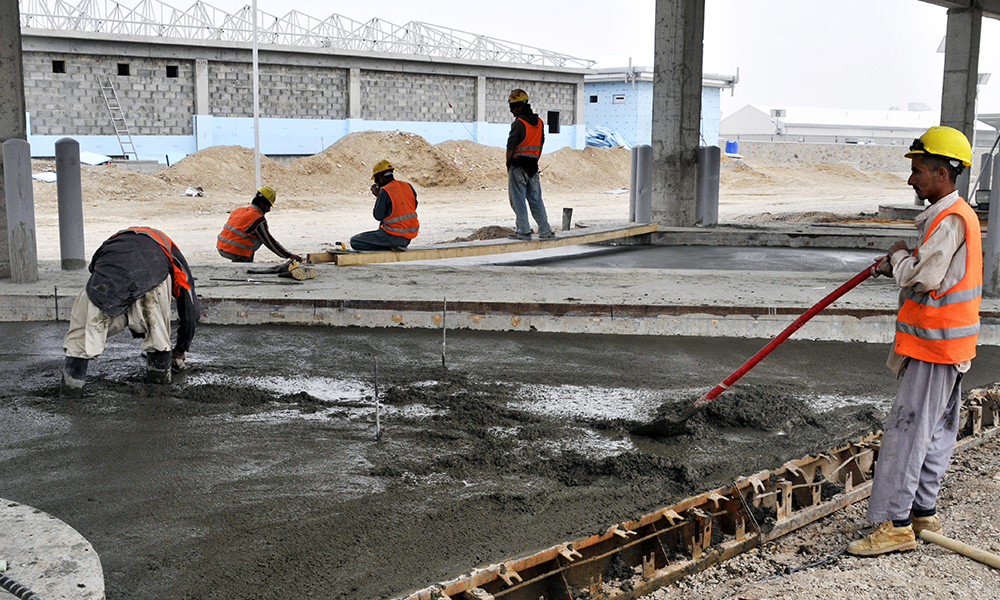
The Balochistan Chamber of Commerce and Industry in Quetta, Pakistan, has appealed to the federal government to issue work permits to skilled Afghan refugees who work in various sectors including mining and agriculture.
Haji Akhtar Kakar, the vice president of the chamber of commerce and industry, made the request while pointing out that the existing shortage of skilled labour could worsen further if the issue was not addressed promptly, Dawn news reported.
This comes amid Pakistan’s ongoing campaign to expel hundreds of thousands of Afghan refugees living in the country.
Akhtar said however that due to Balochistan’s deteriorating security situation, mine owners, farmers and industrialists have had to rely on Afghans for skilled labor as Pakistani workers from other provinces were reluctant to move to Balochistan.
According to him, the decision to expel Afghan refugees had severely impacted the agriculture, mining, and industrial sectors in Balochistan, as a significant portion of the workforce came from Afghanistan.
Latest News
China keen to invest in Afghanistan’s agriculture sector: Ministry
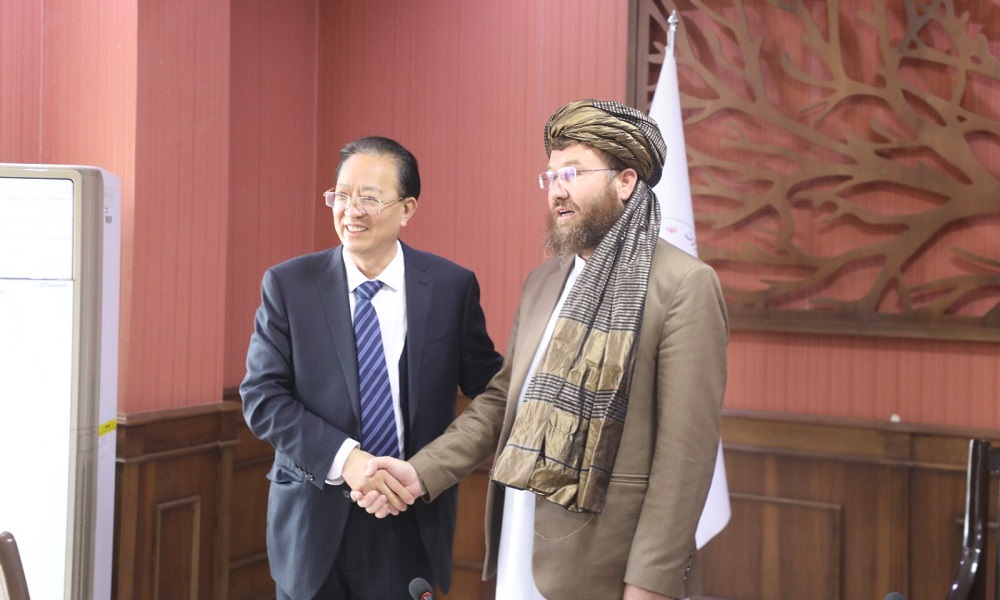
Acting Minister of Agriculture, Irrigation and Livestock, Attaullah Omari, on Tuesday met with a delegation and representatives from the Chinese private sector in Kabul and they discussed expanding cooperation, investment in agriculture, livestock, and irrigation, as well as sharing China’s experiences with Afghanistan.
In a statement, the agriculture ministry said that the Chinese delegation emphasized the Beijing private sector’s interest in investing in Afghanistan’s agriculture and livestock sectors.
The Chinese delegation also expressed readiness to begin practical projects once certain facilities such as land leasing are arranged, the statement read.
The Chinese delegation also met with Nooruddin Azizi, the acting Minister of Industry and Commerce.
During this meeting, Azizi stated that they would provide all necessary facilities for foreign investors.
Over the past three years, most Chinese companies have shown interest in investing in Afghanistan’s mining sector. However, this marks the first time that Chinese investors are seeking to invest in the country’s agriculture sector.
-
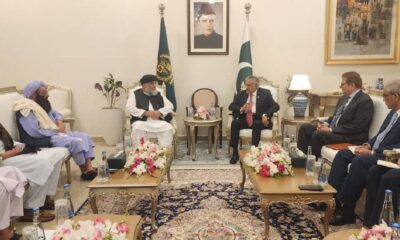
 Latest News5 days ago
Latest News5 days agoAzizi and Ishaq Dar discuss bilateral issues in Islamabad
-
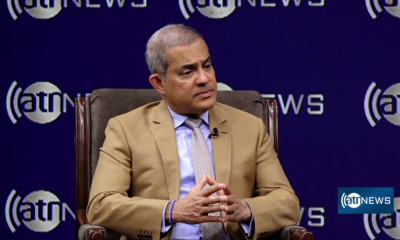
 Latest News5 days ago
Latest News5 days agoEngagement and diplomacy key to solving Afghanistan’s challenges, says Ratwatte
-

 Sport4 days ago
Sport4 days agoAfghanistan qualify for U19 Cricket World Cup 2026
-

 Regional4 days ago
Regional4 days agoDeadliest US strike in Yemen kills 74 at oil terminal, Houthis say
-

 World3 days ago
World3 days agoThousands of protesters rally against Trump across US
-

 World4 days ago
World4 days agoIran, US end nuclear talks in Rome, agree to meet next week
-

 Latest News3 days ago
Latest News3 days agoPolio vaccination campaign launched in Afghanistan
-

 International Sports3 days ago
International Sports3 days agoIPL 2025: 14-year-old Vaibhav Suryavanshi becomes youngest IPL player






